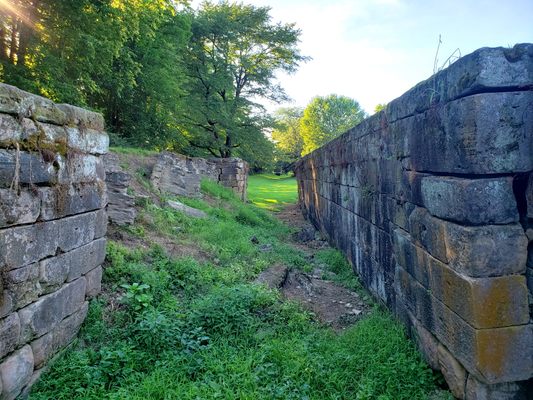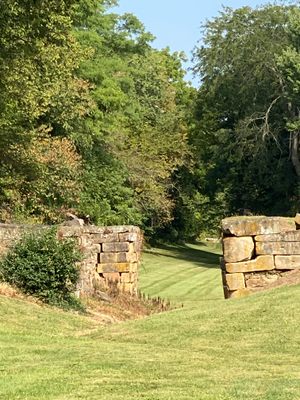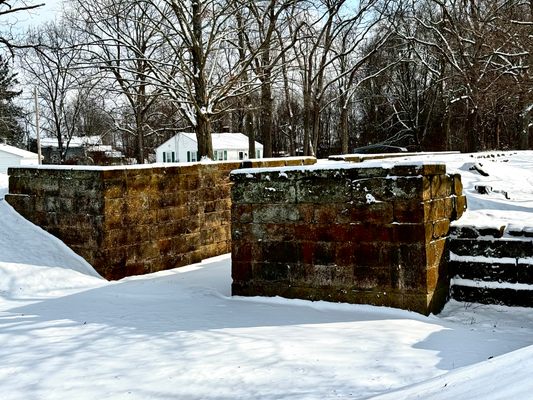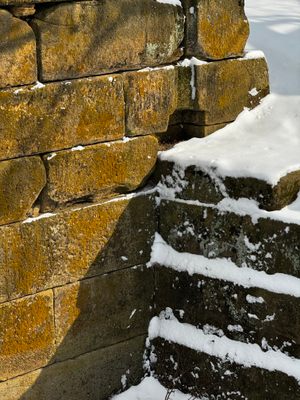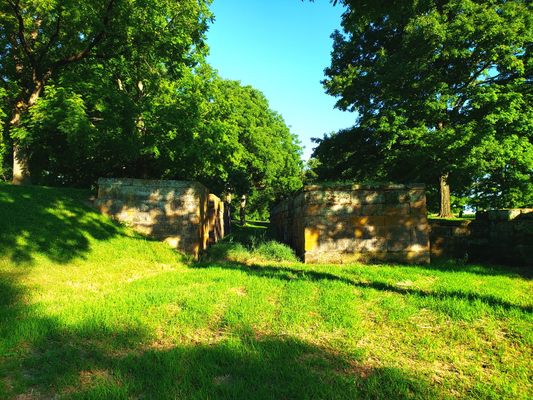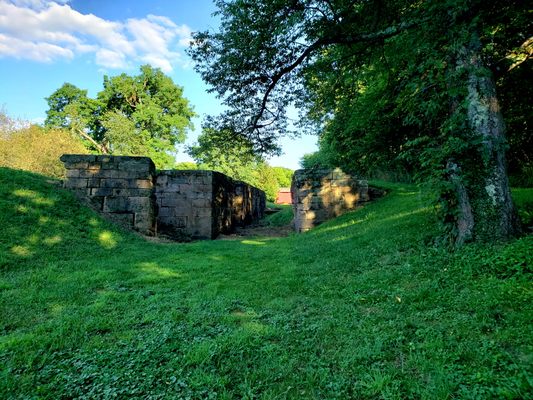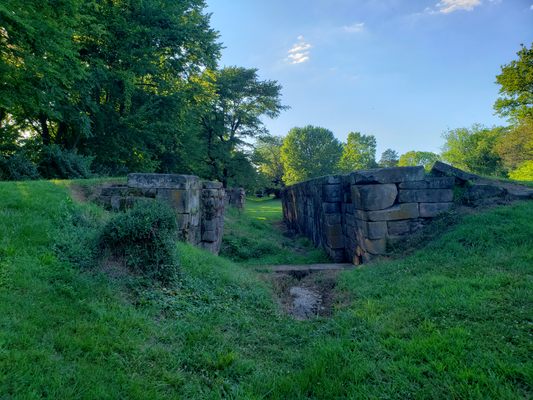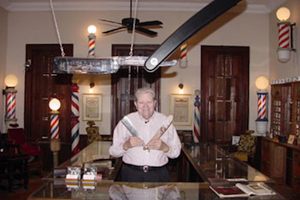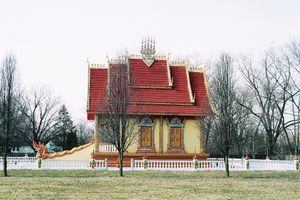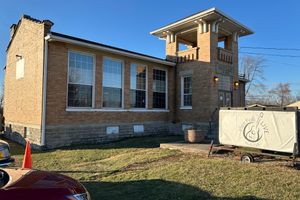About
Canals made Ohio in the early 19th century the way railroads would later make the West. Water routes from Lake Erie to the Atlantic and the Gulf of Mexico made it possible for towns and cities to spring up from frontier forests as freight and, by extension, wealth began circulating through the state.
Most of those canals are long gone, but their ruins still dot the Ohio landscape in many places, including the remnants of a lock at the imaginatively named Lockville Park in the town of Lockville.
It's pretty bare bones and relatively small as rural parks go, maybe five or six acres, and about as wide as the canal's former right-of-way, stretching for about a quarter-mile along the now empty channel. There are some benches and tables along what were the banks, and a covered bridge spans where the canal once stood, having been moved there long after the canal was out of service.
The star of the park, though, are the ruins of Locks #11,#12, and #13. Three pairs of thick, stone walls dug into the earth, divorced from context you could be forgiven for mistaking them for the remnants of a moat from medieval Europe. But in context, they offer an extraordinary sense of history. You can almost hear the gentle lapping of the water against the massive sandstone bricks as coal makes its way from the mines of western Virginia to the growing industrial powerhouses of Toledo and Cleveland. Or are those the hushed tones of refugees from south of the Mason-Dixon as they travel, hopefully undetected, in the hold of a canal boat, seeking freedom in Canada.
Ohio in general, and Central Ohio in particular, can often feel like a place without history. It sometimes feels like the Columbus Metro area sprang fully formed from the postwar boom of the mid-20th century. Sparing indigenous burial mounds, the ubiquity of which makes them easy for locals to overlook—these ruins are some of the oldest structures you'll find in the area. And they are almost certainly among the most impressive.
Community Contributors
Added By
Edited By
Published
September 17, 2020
